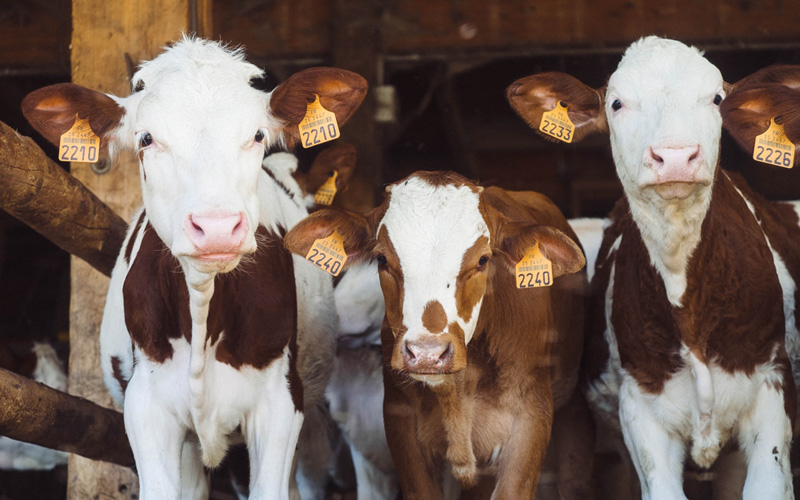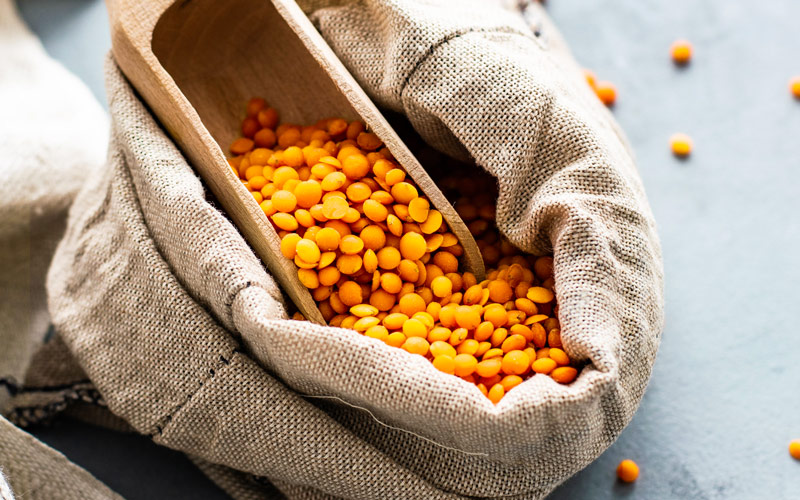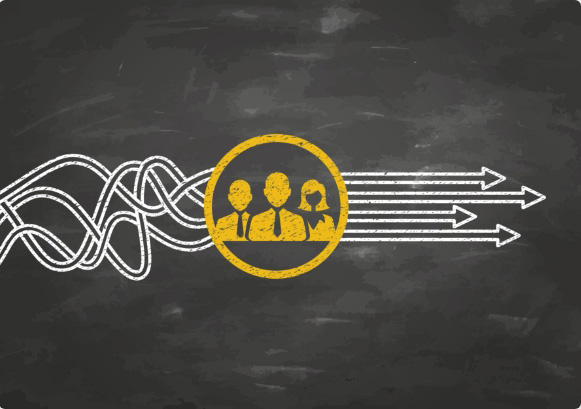High steaks for the meat industry

It would not be difficult to believe that the livestock industry is doomed. Alongside jammed Mexico City freeways, pictures of cows tend to be associated with pollution and the challenges of carbon for the world’s climate. Additionally, there are some that state that eating meat, that is from an animal, is a death sentence. Indeed, there are organisations and individuals that are designed to fulfil such perceptions and, importantly, to change public policy and not without some success.
For the livestock industry, such challenges alongside developments in plant-based protein and the emerging cell-based industry, represent truly existential challenges. Whilst this is so, maybe reality is not quite as some campaigners would lead us to believe. As a layman it is not easy to be in the right place of understanding on such matters but there are perhaps more reasons for the livestock industry to be cheerful than not.
First and foremost though, livestock farming in these Isles and around the world does face real challenges that it needs to reflect on, listen to campaigners and come together to solve. Regardless of the correct figure, extensive livestock is a contributor to the carbon challenge and it needs to admit this and start the process of change. Again, whilst I’m not a scientist, there are actually grounds to be quite optimistic that future farming systems can actually not only reduce carbon production – ammonia, methane, nitrates and phosphorus too – but reduce or sequest its presence.
Such a prospect is attracting thought and research; Devenish, the Belfast-based animal nutrition company – evolved into a sustainability and well-being business, has made great strides at its Dowth farm in County Meath, Ireland. Here, soil fertility has been at the heart of research, as are traditional features of farming – aspect, hydrology and topography – set within a data rich and analytical age. Such work makes soil more productive, enhances animal welfare, and improves the environmental impact. There is much to do on this front but campaigners and policymakers should also perhaps be supporting and resourcing how farming can be part of the climate change solution.
Appropriate animal welfare, respecting creatures and treating them with dignity, also needs to be part of the future livestock sector, as does the end of deforestation and unsustainable use of crops such as soya. The food system genuinely needs to embrace such matters and change behaviour if the public’s trust is to be gained and policy appropriately adjusted.
It is a similar story when one looks at meat and human well-being. Indeed, it is a bit more involved, and arguably, more sinister than we may first think. Again taking the challenges head on, the UK in particular, has an obesity problem that involves folks eating too much, including meat. In this respect, society has to take responsible actions to look after itself and the health services in a better way. At a global level the great strategic challenge is actually not only cutting meat, and other food consumption in some markets, due to obesity but actually increasing meat consumption where hundreds of millions of people are lacking the key nutrients that meat and dairy bring.
In this respect of well-being, UK policy on diet has been conditioned by the EAT Lancet report and more recently the Global Burden of Disease (GBD) 2019 Risk Factor Study that made remarkable recommendations as to the magnitude of meat consumption reduction; 90%+ was suggested. Now, it is not for the meat and livestock industry to interpret science, the public is too wise for that. However, when one sees the scientific community raising serious concerns about such data and recommendations, then matters become a bit more involved.
A series of eminent professors in the UK, Belgium and Ireland have questioned the GBD Risk Factor 2019 data and analyses. Amazingly, neither the Lancet nor the lead investigators of the GBD 2019 Risk Factor Study will release the data to these scientists, who include Professor Alice Stanton, Professor Chris Elliot and Professor Frederic Leroy. Indeed, such scientists have also raised issues around what an absence of nutrients in dairy and meat in the diet mean for welfare – such as stunting growth in children – whilst making very fundamentally challenging risk assertions around the link between red meat and strokes.
Again, as a layman it is not for me to comment on the data and the science, but it feels very worrying that science may have been structurally biased in a way that policy may be erroneously impacted. It does not feel plausible for the Lancet to sustain such a truly outrageous position of not sharing data, and the outcome of this situation will be interesting to observe. Whilst so, it makes one question the motives and beliefs of campaign groups and scientific bodies.
Bringing this all together, livestock farming has to seriously face the challenges head on otherwise we’ll find that alternative proteins will, in time, take its legs away. Whilst so, meat and dairy contains nutrients that humans need and can access in an efficient manner; that should not be overlooked albeit that many of us will have to eat less of many things. So, well produced meat, using methods that respect our creatures, should have a bright future. The key phrase is ‘well produced’. Livestock farming also needs to openly embrace and engage on how it can be part of the climate solution; using manure to replenish what is often depleted soil, sequestrating carbon, and playing a key role in the sustenance of pastoral rural communities.
The future of people, health systems, the environment and rural society needs a vibrant livestock sector. That is an exciting prospect and a reason for the industry to be quite cheerful.
Dr Clive Black
Senior Advisor to Coriolis Consulting
November 2021








